In 2004, the BBC sent me to the Iraqi city of Karbala to report on the gathering of Shia pilgrims for the religious holiday of Ashura. American troops knew to stay well away. They were already fighting a Sunni insurgency and didn’t want trouble with Iraq’s Shiites as well. The insurgency’s leader, Abu Musab al-Zarqawi — the butcher of Iraq — had just threatened to attack “the sects of apostasy,” as he called the Shia, and as we entered Karbala, militiamen searched us for weapons. The air hummed with tension. But at breakfast in the hotel, we ran into a gaggle of backpackers: Brits and Americans. Seeing the look on my face, a blonde woman in the group told me not to worry. “Things are much calmer now in Iraq, aren’t they?”
The first suicide bomber blew himself up among the crowd heading into the main mosque, the crump of the explosion muffled by tightly packed bodies. A ball of black smoke billowed up to mark the spot. There was a second of silence, then hundreds of people began screaming at once. My cameraman shouted: “We have to get off the street.” We filmed from the hotel’s roof terrace as five more blasts punctured the air. A severed hand flew up and landed next to us. Below, the crowd turned on strangers. An injured man dragged himself into an ambulance while a mob hacked at him with long knives. An Italian photographer I knew stumbled into the hotel, with a split lip and swollen eye.
The backpackers were nowhere to be seen. As night fell, and machine-gun fire rattled around Karbala, we could not find them in the hotel, nor anywhere else when we left the next morning. I hoped they were OK: I thought we would have heard if something bad had happened to them. I wondered if they were continuing their journey around Iraq. Or if they had taken the 160 people killed in Karbala that day as a sign that they should vacation elsewhere.
It may be unfair to call the backpackers “war tourists.” By their own account, they thought that the war in Iraq was over, when it was really just getting started. Or perhaps the cinematic quality of the conflict — troops in wraparound shades, the thump of helicopters overhead — made the danger seem unreal. Calling someone a war tourist sounds like an accusation: what could be more crass than going to a place for fun when, even because, people are dying there? War tourism speaks of voyeurism, of getting a cheap thrill from others’ suffering. Yet undoubtedly war zones exert a magnetic pull.
The traditional way to see a war is to fight in one. This can be a problem if your country is not actually at war. I met a guy called Dave in a Zagreb nightclub in 1992 and he had solved this problem by traveling to Croatia as a mercenary. He had no experience. Only the week before, he’d been collecting welfare in a grim town in the north of England. I asked him why he had decided to fight for Croatian independence. Grinning to expose a gold front tooth, and brandishing a huge Bowie knife, he said he wanted “to know what it’s like to kill someone.” There may be better ways to step out of boring everyday life to get a taste of adventure.
The son of an old friend enjoys what you might call extreme tourism: the more difficult a place is to get to, the more he wants to visit it. His mother messages me every so often: “Guess where he’s going this time.” Adding: “Is it dangerous?” The answer is usually “Yes.” My friend lives in northern California. Her son, Eason Goodale, is in his thirties, rangy and laid back. He has ridden around the Badlands of Pakistan on a motorbike and has climbed one of the Great Pyramids of Giza. He often travels with his friend Cameron, who blogs about their adventures. They’re always taking photographs where it says “No Photographs”; they’re always getting arrested.
In 2016, the theme of their holiday was “going to countries that don’t exist.” They hitchhiked across Iraqi Kurdistan, one wrong turn away from ISIS territory, which Eason tells me he found “a little spooky.” There were “multiple sketchy encounters” on that trip, because everyone assumed they were deserting ISIS fighters. Some “little random dude” arrested them, saying he was with the Kurdish secret police. “I’m like, OK, I’m not sure that exists, but you have a gun, so I guess I’m sitting here until you let me go.”
They were released and made their way to Transnistria, another “country that doesn’t exist.” (It’s on the Dniester river, bordering Moldova and Ukraine.) In the capital, Tiraspol, they headed straight for the big, gray concrete block of KGB headquarters — even in 2016, Transnistria’s security service still had its Soviet name — and took the obligatory picture of the “No Photographs” sign. Then, Eason says, “from out of nowhere, a big Slavic guy in fatigues puts his hand on my shoulder, and he’s like, ‘You have to come with me.’ We get marched up into the KGB building and into this windowless room.”
KGB officers arrived wearing gray trench coats. “They were kind of playing the role of KGB agents interrogating the Americans. They’ve watched the same movies everybody else has.” Eason says it was the “standard interrogation” he’s had from security services in many different places, the same questions over and over, trying to catch you in a lie. At the time, he had a beard, an army surplus backpack and combat boots, and so — just like the Kurdish secret police — “the KGB agents were like, ‘Oh shit, these guys are escaped ISIS fighters.’ They asked us, ‘Why did you go to Iraq? Why did you do this thing?’ So, we’re like, ‘I don’t know, we’re kind of dumb.’” There were many more questions until “eventually, they determined that we are, in fact, just kind of dumb.”
Eason’s strategy in dangerous places “is always to appear to be the dumbest idiot you possibly can.” You want to be “a weird curiosity,” even a “bit soft in the head” — someone who needs help, not a threat. That’s because — as he correctly understands — you are relatively helpless in a war zone; you rely on the kindness of strangers. It’s also important to read a place, to know when not to push things too far. Eason tells me about his trip to North Korea, in the same party as another American, Otto Warmbier. Otto was arrested and came home to Ohio eighteen months later in a coma, dying a few days later. He was twenty-two.
This was an organized tour — there’s no other way to go to North Korea — and as Eason remembers, everyone was excited to be somewhere so totally different from anywhere else in the world. But, he says, many of the travelers were also there because it was a “cheap drinking holiday.” People were getting “super hammered,” and he recalls that that included some of the tour guides, also westerners. “That sets the example. If your guide is getting totally wasted, you’re not gonna be, like, ‘Oh, this is a dangerous place.’”
The US could be said to be technically at war with North Korea; there has been no peace treaty to end the hostilities seventy years ago. And then there’s the Stalinist cult of personality. A member of Eason’s tour group was given a whack with a policeman’s truncheon for having his hands in his pockets while looking at a statue of one of the Kims. Eason says: “If you get really drunk, and you’re behaving poorly, the consequences can be quite severe.” The minders — surely members of the secret police — were getting “stressed out of their minds.”
The group were in Pyongyang on New Year’s Eve and Eason remembers Otto getting “wasted.” The next day at breakfast, he seemed anxious and said — apparently seriously — that he had such a bad headache he needed to get medevac’d out of North Korea. This struck other members of the tour group as odd; their flight was in a few hours anyway. To Eason, it seemed that something must have happened.
Later the North Koreans said that, the night before, Otto had taken down a propaganda poster with the slogan: “Let’s arm ourselves strongly with Kim Jong-il’s patriotism!” In North Korea, the name of one of the Kims — as well as an image or statue — is treated as sacred. Grainy security camera video showed a man — who may or may not have been Otto — carefully removing a framed poster, as if to keep for a souvenir, then apparently changing his mind and leaving it on the ground.
He almost got his flight. He was in airport security and must have thought he was nearly home free. The last person to see him was Danny Gratton, a Liverpudlian in his forties who was Otto’s roommate on the trip. Gratton remembers saying something flippant to Otto as he was taken away — “What have you done now?” — not realizing how much trouble he was in. Everyone thought perhaps he would be delayed an hour or two at most.
Gratton says he never saw anyone in their group disrespect the North Koreans. They “enjoyed a drink,” but every group who went there did that. To this day, none of them knows what really happened to Otto. Gratton thinks it’s possible he did take down the poster, “not the first young lad to do something silly after a few beers.” For this, Otto was sentenced to fifteen years’ hard labor. The North Koreans said he fell into a coma after catching botulism in prison. His family believe he was tortured, others that he was in despair and tried to take his own life.
Otto went to North Korea with Young Pioneer Tours, “budget travel to destinations your mother would rather you stayed away from.” Rowan Beard, one of the company’s founders, told me that people were drinking on Otto’s tour, but said the guides knew how to deal with anyone who got out of hand. He denied that the guides themselves were getting drunk. The company still goes to North Korea but no longer takes Americans. Perhaps Otto failed to appreciate the dangers of where he had chosen to go. Perhaps he was just unlucky. If he did do what he’s accused of, the consequences were out of all proportion to the “offense.” His death is the ultimate cautionary tale for adventure tourists.
Andrew Drury has spent decades going on holiday to dangerous places and he accepts the label “war tourist.” He’s an English builder in his fifties; his first trip was to northern Iraq some thirty years ago. He had just set his bags down in the hotel in Erbil when the windows were blown in by a bomb at the government building next door. Naturally, he went out to take a look. A CNN crew were filming in flak jackets and helmets; he was there in shorts and flip flops.
Since then, Drury has been to Uganda, Congo, Somalia, Syria and Chechnya. His worst scare was on another visit to northern Iraq, this time in 2015, during the war against ISIS. He was tagging along to the front line with a crew from Turkmen TV. They gave him a flak jacket that didn’t fit, without the hard plates to stop a bullet or much of anything else. Then an ISIS fighter driving a backhoe exploded a massive suicide bomb. “That’s the most frightened I’ve been.” He says he has been “really lucky” on his travels, narrowly avoiding getting kidnapped or killed. One of his sons is in his twenties and now wants to visit war zones. His dad’s advice is: “Don’t.”
Drury has become respectable, these days going to war zones as an author and filmmaker. He has always enjoyed telling stories about his experiences to friends and family; now he’s doing this for a wider audience. He hasn’t changed, he says, the way people look at him has: they no longer see him as simply a voyeur. “People say ‘why do you do it?’ There is a slight addiction. It’s the tension, the atmosphere.” He goes on, addressing me: “You know why we do it: journalists keep going back [to war zones] looking for the next fix.” It’s not a bad description. A friend of mine was a heroin addict when he started his career as a war correspondent, in the Balkans. He never had the urge to shoot up in Bosnia, only when he landed back at Heathrow.
Now Drury has made a film about war tourism, Danger Zone, working with a security advisor named Rick Sweeney, from San Diego. Sweeney runs War Zone Tours, “the original high-risk tour operator.” It’s one of a handful of companies catering to the niche market of people who like to holiday within earshot of gunfire, and there’s a lot of demand for this kind of thing. When he first put up his website, in 2008, the phone was ringing off the hook; he couldn’t keep up with emails. He says he didn’t call back anyone who “just wanted to get on the ground and have somebody put a gun in their hand.”
Instead, he prefers wealthy travelers who can do a little philanthropy while they are somewhere desperate. He says he has taken humanitarian aid into war zones and helped sick children to leave. Despite this, he’s not running an aid agency; his clients often put PRESS on their flak jackets because “there’s no war tourist badge that you can slap on.” He charges about $20,000 a week to take someone to, say, Kurdish northern Iraq. That seems a reasonable amount, given the expense of operating in places like these.
Sweeney tells me that “whatever’s hot in the news is where people want to go.” Iraq was big “back in the day.” Somalia. Syria. Ukraine. People are now calling about Israel. “There’s not a whole lot of places I wouldn’t give a shot.” He pauses: “I think it would be pretty difficult getting into Gaza right now… but there’s actually a way to do that.” Then he reconsiders. He wouldn’t take tourists into Gaza, for the time being at least. The only place he totally rules out? North Korea.
Sweeney says that he tries to get his clients “just close enough to where you’re feeling that edge” but not so close they can’t bug out, if needed. “There’s a little bit of finesse in how you have to do these things. We try not to drop somebody in the middle of a battle.” As Eason Goodale says, the basic truth about going to difficult places is that “it’s great fun”; Andrew Drury would even say it’s a compulsion. Sweeney adds the important rider for any would-be war tourist: “It’s all about coming home at the end of the day.”
This article was originally published in The Spectator’s January 2024 World edition.



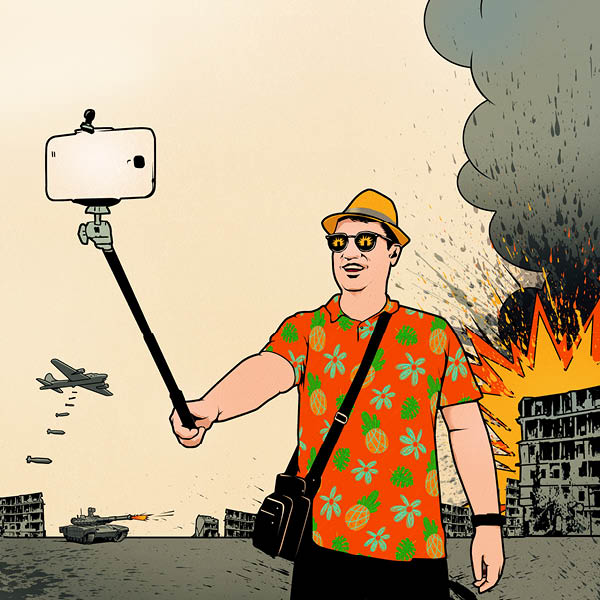






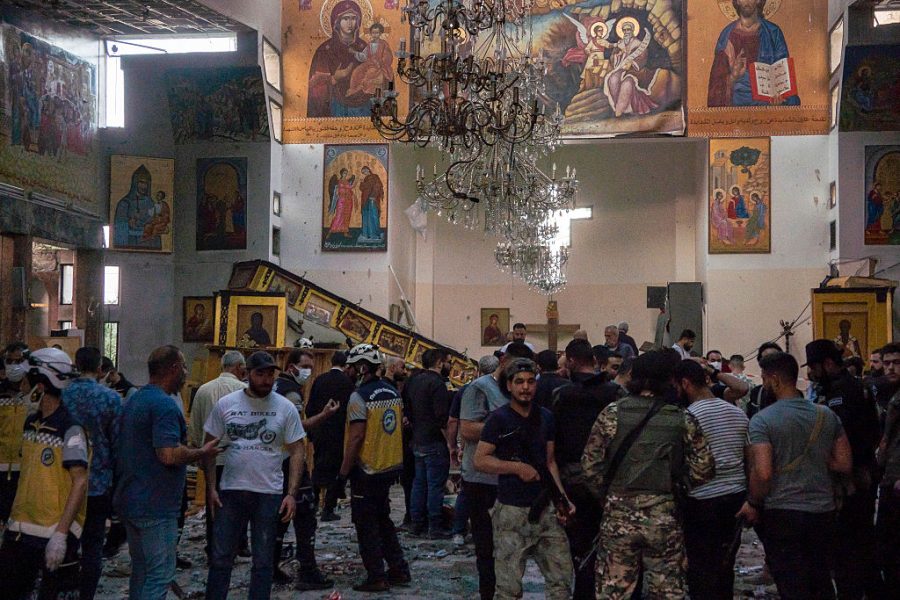
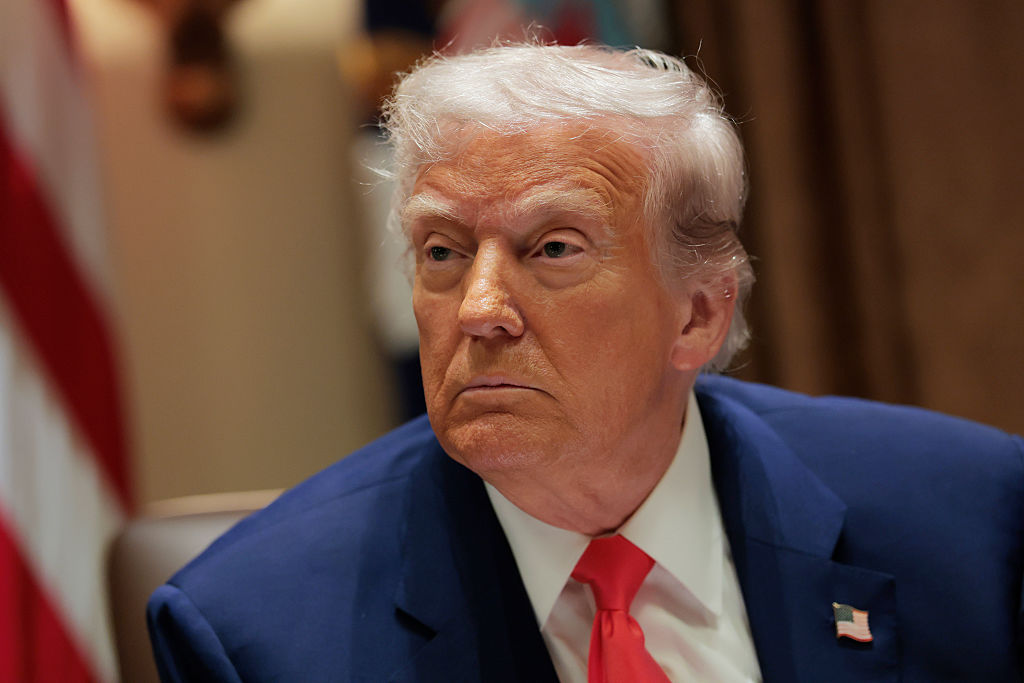
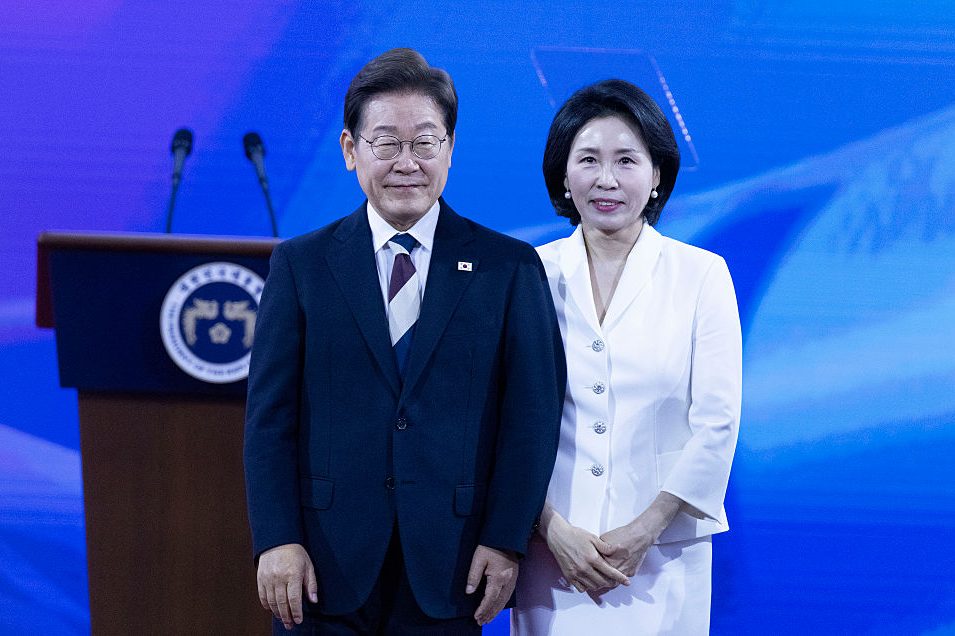
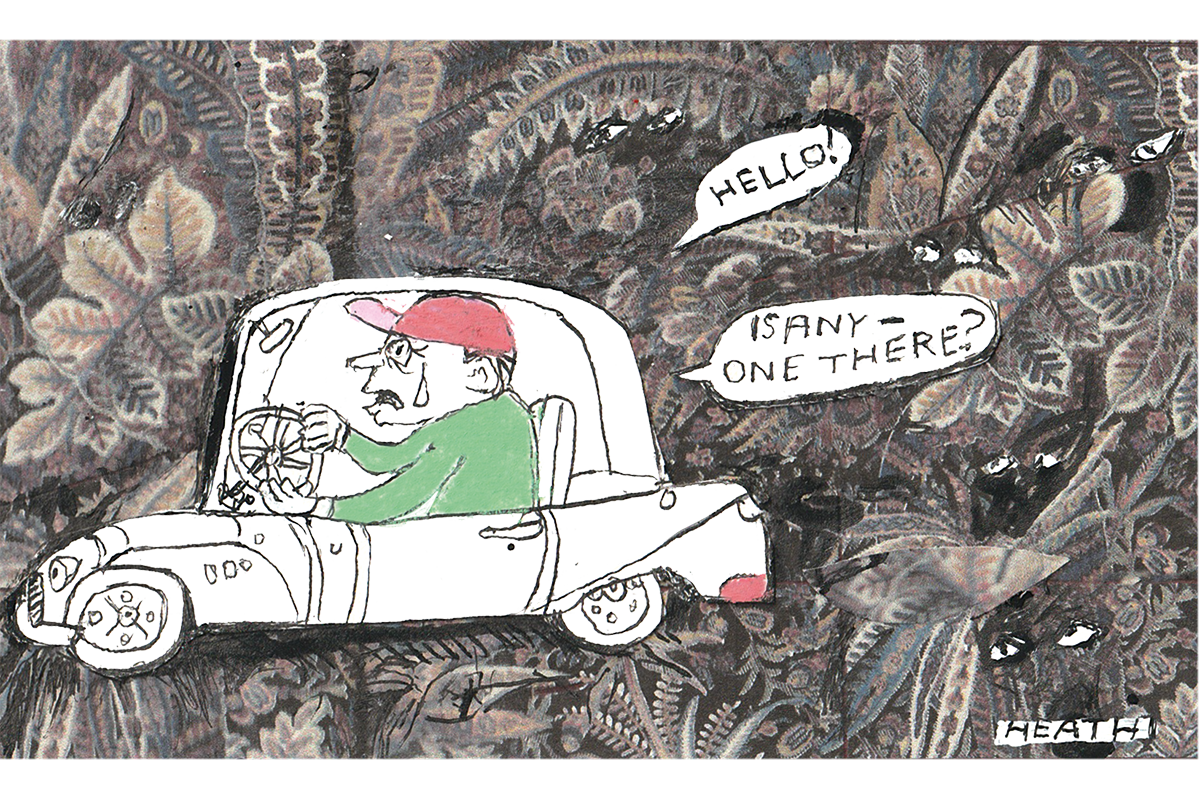
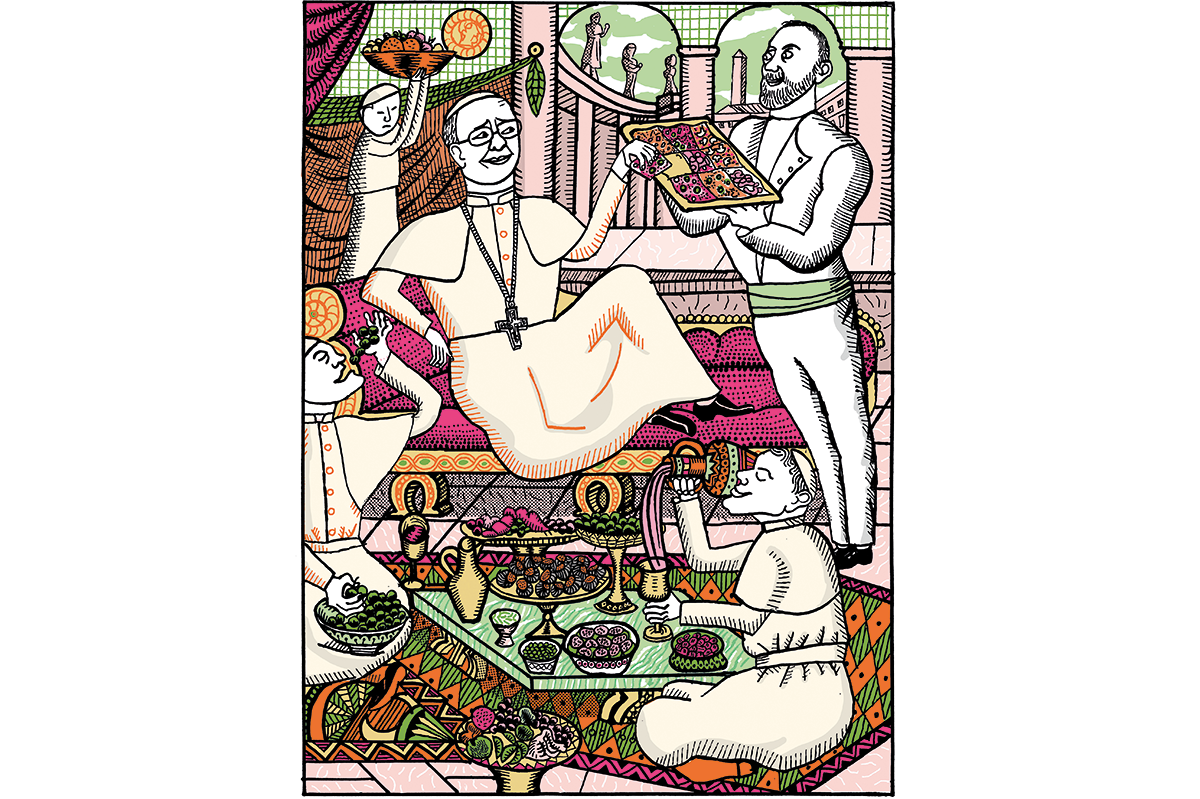
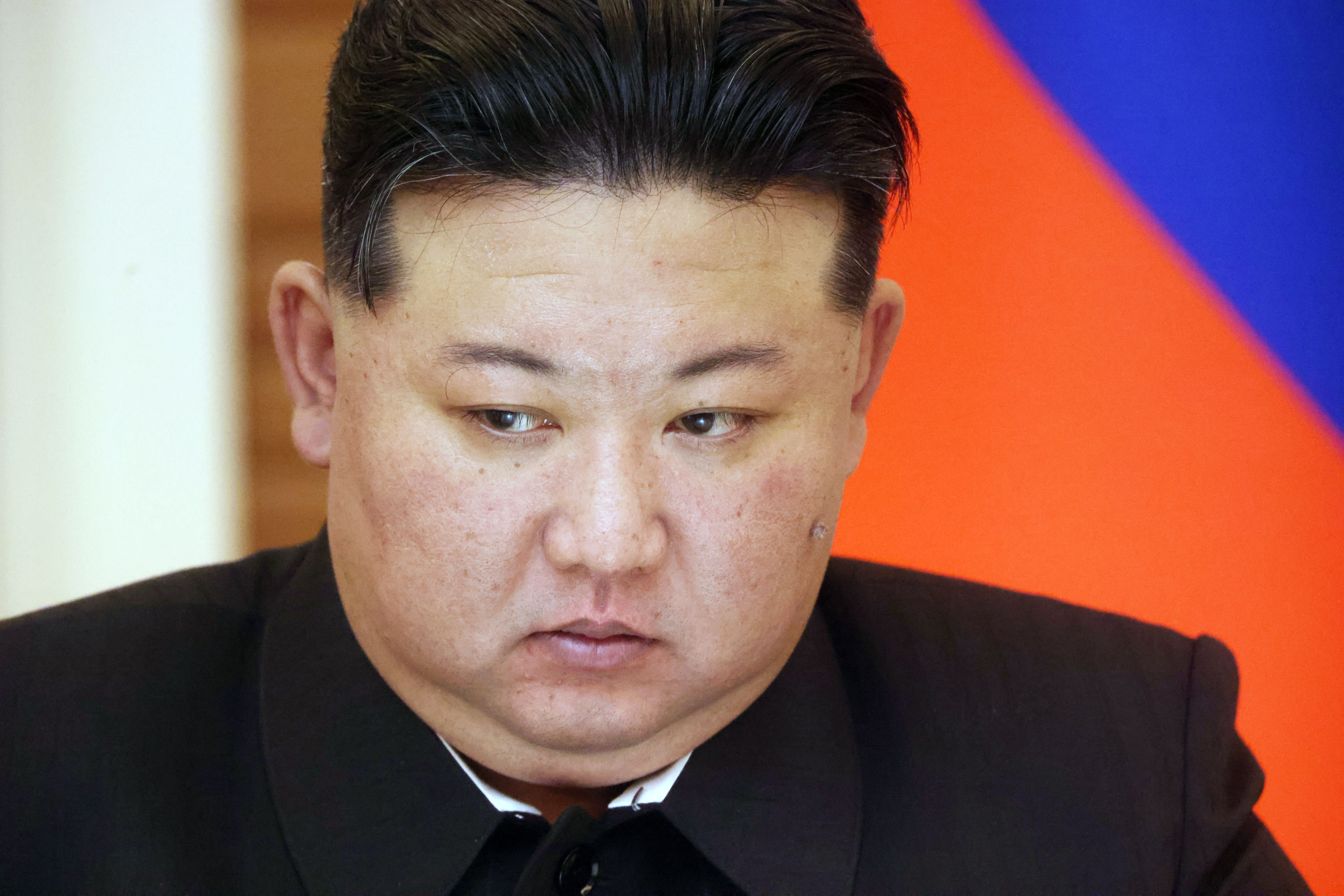







Leave a Reply